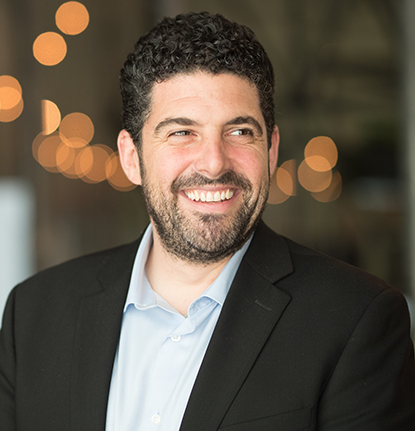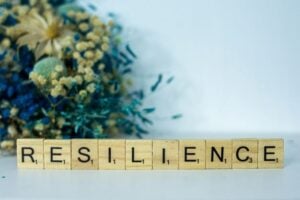Asking comes with a responsibility of following through and ultimately providing choices for employees to exercise their agency. Gone are the days of cubicle farms. So if you’re going to require hybrid work-from-home and office positions, don’t lock your staff into rigid constructs, predetermined without their consent and input, or it will be a recipe for disaster. As Huang and Seth both firmly agree, if you don’t plan on acting, don’t ask.
Serena Huang, the Global Head of People Analytics, Visualization & HR Technology at Paypal presents a great example of how just reaching out and communicating with your employees can make monumental shifts in your company’s ability to innovate and thrive regardless of external pressures within their industry or environment, using the recent fluctuation in gas prices. We all remember when gas prices ballooned to almost $7 USD per gallon, right? Such price fluctuations had immediate and lasting impacts on human behavior. For one thing, people refused to commute an hour to work, and who could blame them? We, as employees, are just as dynamic and our patterns of behavior will change to accommodate changes in our immediate environment. As a company, you owe it to yourself to be checking in with employees consistently. According to Huang, once every year just isn’t enough. In the last 3 to 4 months, we’ve seen gas prices and car manufacturing costs drop back down, which will likely impact employees behavior on a decision-to-decision basis. The more you engage with employees the better you can adapt with them to create sustainable growth and lasting outcomes for your brand.
Huang clarifies that it’s not just important to listen. That won’t cut it. “Another thing I would recommend companies to do is, listen to employees, continuously. Ask them what they need. And, of course, if you’re not going to do anything with what they say, don’t ask them. But if you’re going to, definitely keep asking them about what’s on their minds.” Listen, continuously, and also make actionable decisions based on the information you gather, or else you’re just wasting everyone’s time. At the end of the day, Huang concludes, “it is not useful to read up a lot of external research and then just simply apply to your organization. Why? Because your employees are unique. They are not the same as employees in another company.” Make it a part of your standard operating procedures to regularly ask for employee input and then base company-wide redesign efforts on the nuggets of truth and insight they provide. Then wash, rinse, and repeat the cycle of listening and innovating. That’s how you create a work environment that’s productive and inclusive in 2023. Huang hopes the rise of data analytics will be the vehicle to get us there, and we hope she’s right.
Contributors
-

Seth Adler heads up All Things Insights & All Things Innovation. He has spent his career bringing people together around content. He has a dynamic background producing events, podcasts, video, and the written word.
-









































